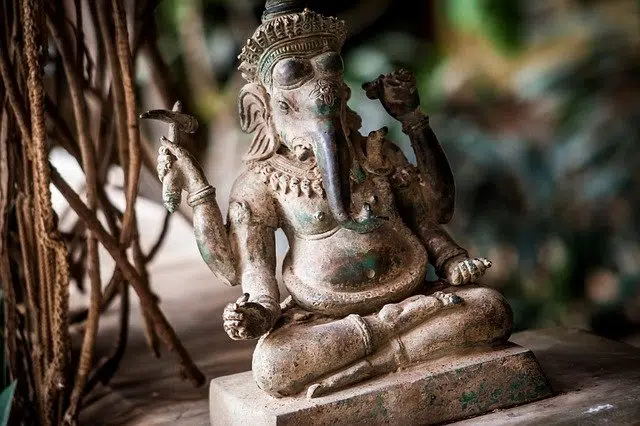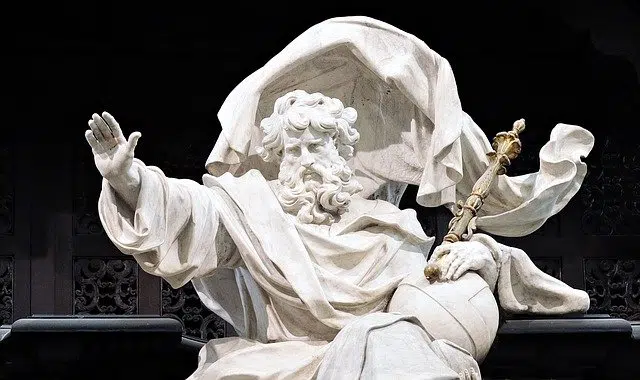
A deity is a superhuman being.
A deity is a being to whom conditions typical of a divinity are attributed. The term, which comes from the Latin word deitas , can be used as a synonym for the god or gods of a religion .
The deities, therefore, are superhuman beings , who exceed the natural. The usual thing is that the deities are worshiped, have faithful or followers and tribute is paid to them. For example: "Vishnu is a deity of great importance for Hindus" , "Researchers have made new discoveries about the Inca deities" , "I do not know of any deity of the cult that they profess in this town" .
Representation and powers of the deity
The representation of deities varies according to religion, culture and time. While in religions that believe in a single god (that is, they are monotheistic ) it is considered that attributing a specific form to divinity is blasphemy , other religions attribute the appearance of a human being or animal .
Various powers are usually imputed to deities. There are people who consider that their deities were responsible for the creation of the universe and humanity and that they act on nature and destiny.

Deity and god can be used synonymously.
The case of Aphrodite
According to religion, the Olympic gods of Ancient Greece are the most important in the pantheon and lived at the top of the most imposing mountain in Greece: Olympus. While more than twelve deities (sometimes called the Twelve Olympians ) never coexisted, fourteen in total are known, belonging to different eras .
A deity whose name is known to everyone was Aphrodite, the goddess of beauty and love in Greek mythology, who can be compared to Venus , the Roman goddess. There are two versions regarding her origins : the first places her as the daughter of Dione and Zeus; The second explains that once Cronus, another Greek god, castrated her father, Uranus , Aphrodite was born from the foam that formed in the sea water with the blood that emerged from the wound.
Aphrodite had great powers , such as fertilizing homes, protecting husbands and supervising human births. On the other hand, his name is a symbol of unbridled passion that threatens the harmony of love relationships and pushes mortals to fall into vices and excesses.
Mythology says that Aphrodite married Hephaestus, although she had passionate romances with Ares, Hermes, Poseidon and Dionysus; her sons Anteros and Eros, in fact, belong to her relationship with Ares. But Aphrodite not only sought love in other deities, but was also attracted to mortals; and that gave rise to her well-known romances with Anchises (a Trojan with whom she fathered Aeneas) and Adonis.
Hephaestus learned of his wife's adultery with Ares thanks to the sun, and this discovery led him to develop a mechanism that would trap them in his bed the next time they met; and so it was that they remained chained and were humiliated in front of the other gods.
Deity and humans
Sometimes the boundaries and distances between the deity and the human being become blurred or even eliminated. Thus we find people who proclaim themselves as deities or suprahuman entities, as was the case with many rulers in ancient times.
In colloquial language, the notion of deity can be applied to those who consider themselves superior to others or believe they possess the truth : "I can't stand it when they praise the president as if he were a deity: he makes mistakes like anyone else," "How can you believe that do you know what i feel? Do you think you are a deity? .
